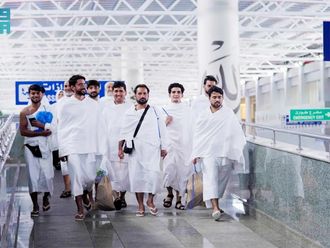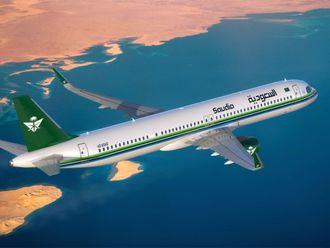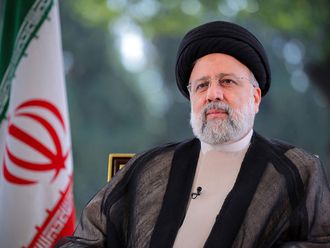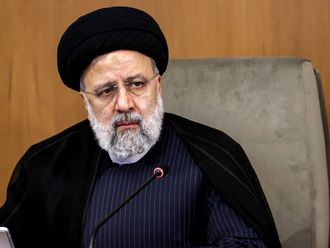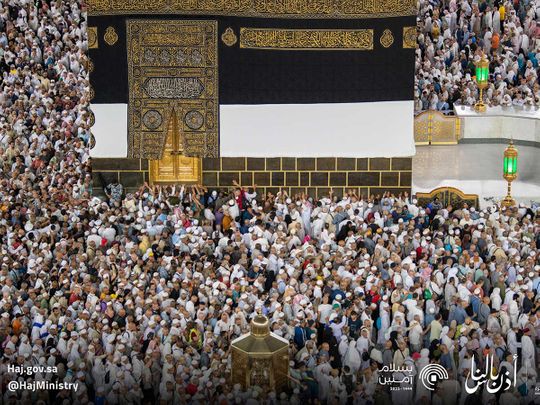
Cairo: A Saudi company has said it plans to distribute more than 40 million bottles of Zamzam water during the upcoming Hajj pilgrimage season.
Yasser Shushu, a board member of Al Zamazemah Company, said 22 bottles are allocated for each pilgrim during next month’s Hajj. He added that the company has developed digital channels for direct communication with the pilgrims.
The approach entails a barcode service displayed on the bottles, helping facilitate the order and delivery of the water packs in line with the highest standards of digital transformation, the official explained, according to the Saudi news agency SPA.
Al Zamazemah has launched a string of training courses and workshops ahead of the Hajj season with the aim of upgrading managerial and operational efficiency of its services provided for pilgrims.
The official highlighted a focus on developing operation of the company’s field service centres in the holy city of Mecca and its entry and exit points.
The blessed water of Zamzam is particularly popular with overseas pilgrims, who present it as a gift to relatives and friends after home return.
The first groups of pilgrims started arriving in Saudi Arabia from several countries in the run-up to Hajj, which is expected to commence this year on June 14, depending on the sighting of the new moon.
More than 2 million Muslims from across the globe are projected to attend the upcoming Hajj.
Saudi agencies engaged in preparing for Hajj works anticipate record numbers of pilgrims after around 30 million Muslims from inside and outside the kingdom undertook Umrah or minor pilgrimage in the Grand Mosque, Islam’s holiest site, in Mecca during the Islamic month of Ramadan that ended on April 9.
Some 1.8 million Muslims from across the globe performed Hajj last year, marking the return of their numbers to pre-pandemic levels. Hajj is one of Islam’s five obligatory duties. Muslims, who can physically and financially afford Hajj, have to perform it at least once in a lifetime.



